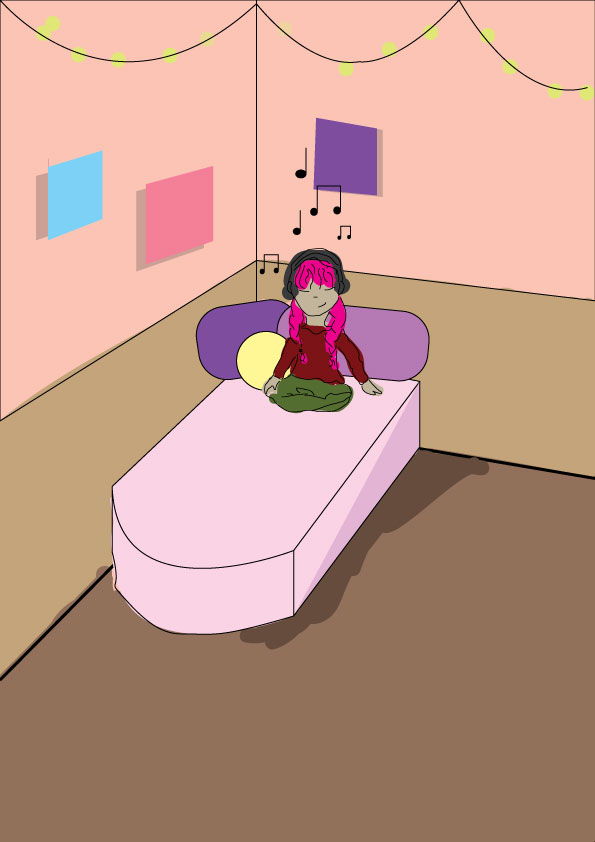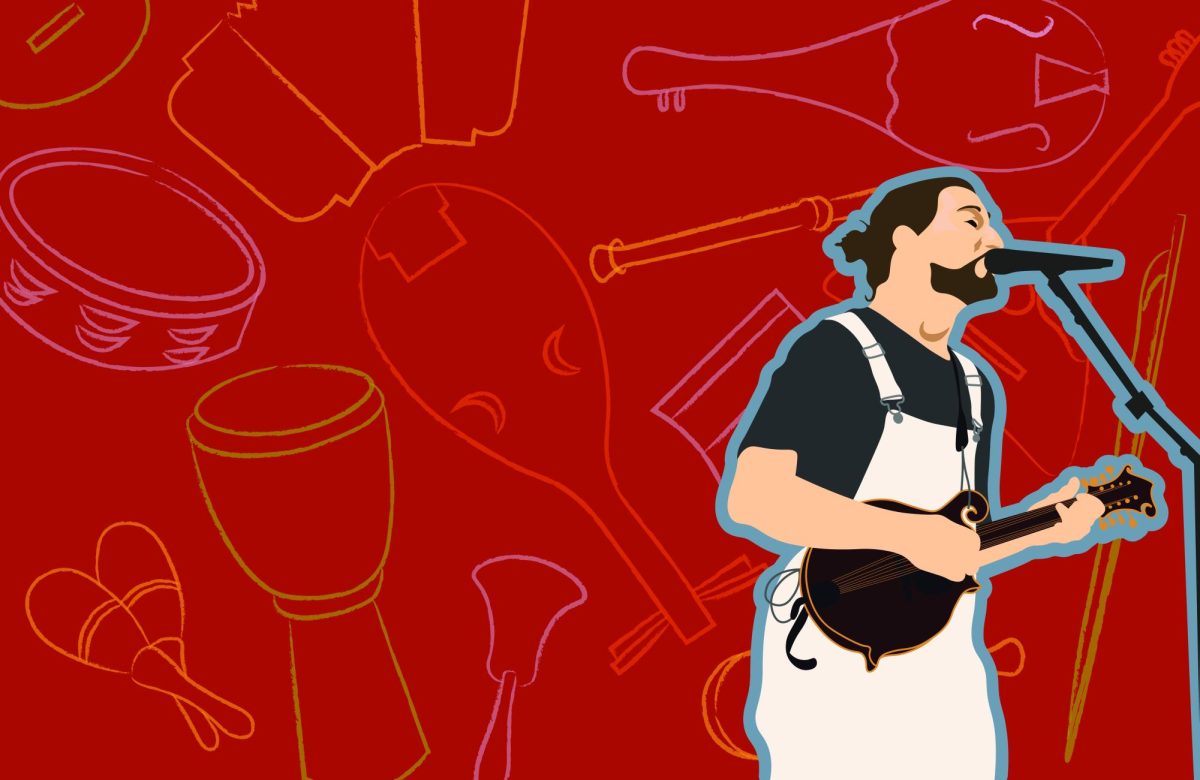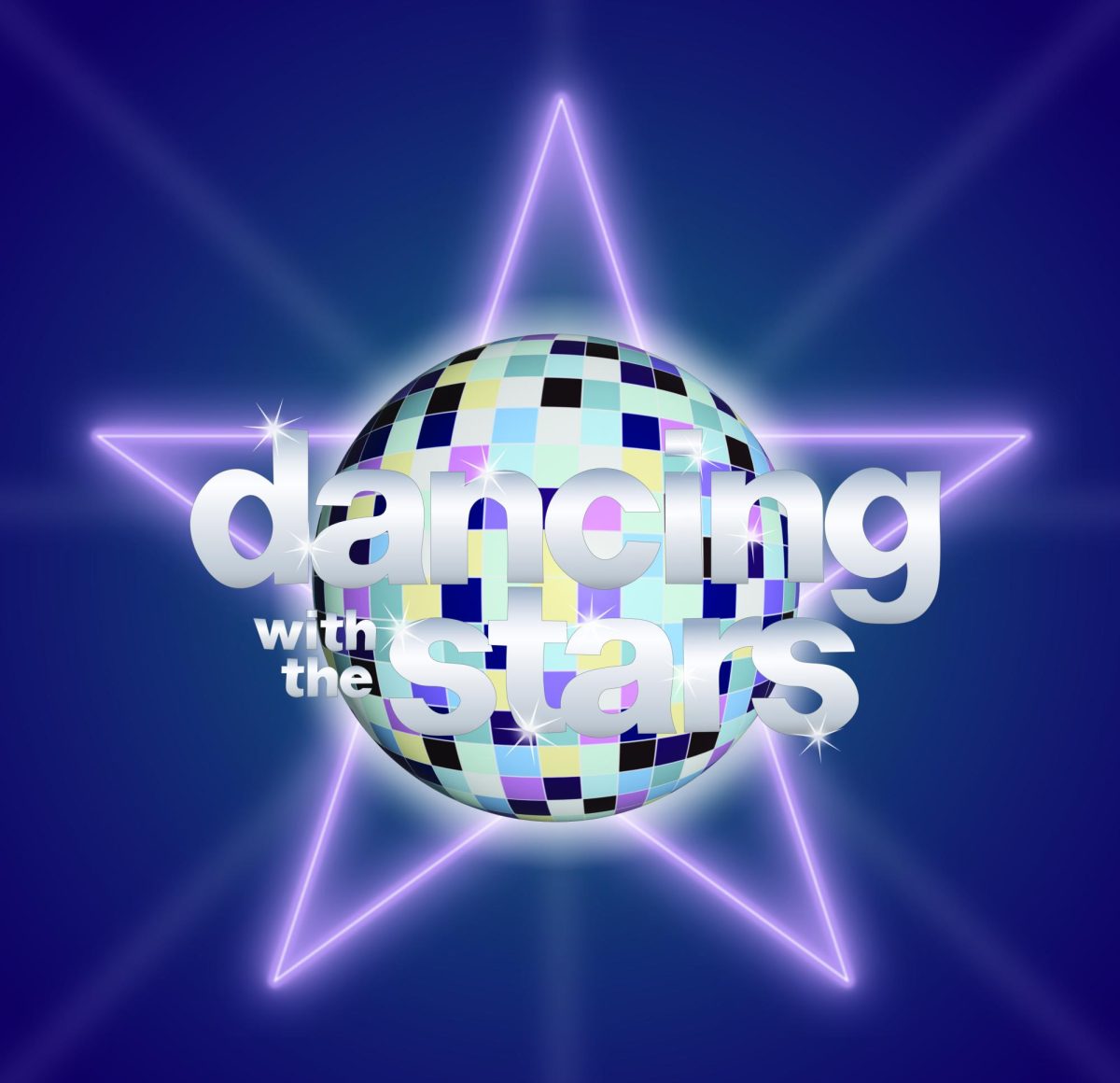I’ve never felt more alone than when I was sitting in my dorm room after my mom dropped me off at college. My roommate was getting dinner with her parents while I sat on our scratchy navy-blue carpet, knees to chest and face in palms.
In my mind, there are two types of alone time: passive and active.
Passive alone time is solitude we were not expecting to have, it’s an unplanned loneliness that takes us by surprise. However, active alone time is time we carve out to spend in reflection. This solitude is usually planned and easily enjoyed.
I had this irrational fear of being alone.
My roommate quickly became the person closest to me, but she had her own friends and parties to go to. She would occasionally invite me to things which was kind, but I constantly felt like I was intruding.
Going to the dining hall alone was a nightmare, a nightmare I had to experience multiple times a week. For some reason, I was embarrassed to be alone. Being alone seemed like some type of disadvantage.
I thought people would think I was unlikeable or didn’t have any friends.
As I walked through Eastway to make my daily caesar salad, I could feel people’s stares—I could feel their pity.
College is interesting in the fact that you’ve never been surrounded by more people in your life, yet it’s extremely lonely. Each day we walk to class on a campus full of students, professors and staff. We sit in a lecture hall filled with kids our age and go home to a roommate who’s either our best friend or worst enemy. Despite these facts, it’s still easy to feel an overwhelming sense of loneliness in a place with no alone time.
In a 2015 study, researchers posed a range of hypothetical scenarios and asked participants to imagine doing these activities alone or with friends. When asked about doing these activities, the majority of participants explained they would rather do things in a social group rather than by themselves. Participants also thought these activities would be less enjoyable if they were to be done alone. This stigma around aloneness made me feel out of place in the dining hall.
Being alone is nothing to be embarrassed about.
It’s time we can take to learn and reflect on our lives and the future. Alone time enables us to be more confident in ourselves and allows us to realize the people we do want to spend time with. Comfortability in ourselves permits us to find individuals we are truly fond of simply because there’s no desperation to find companionship.
Security in ourselves can prevent us from staying around negative people we use for amity.
A Psychology Today article explains that those who are unafraid to be alone are less likely to be neurotic or overly sensitive, instead they become more open-minded and agreeable than those who fear being alone.
There’s a stigma around being alone. Being alone automatically means you don’t have friends or are antisocial. Being alone must mean that you’re desperate for companionship. And you’re definitely not spending time alone simply because you enjoy keeping yourself company. This societal standard has ruined the enjoyment and understanding of alone time.
In all actuality, alone time demonstrates a high level of maturity and self-esteem. Active alone time is a way we can learn about ourselves in order to become a better person for the people around us. It’s not abnormal to crave time to take care of ourselves or want to watch our favorite movie alone.
Learning how to be alone and enjoy solitude enables us to be more independent and successful in our personal lives. The happiness found in alone time generally upsets the traditional worldview of aloneness, but embracing the feeling of being alone is more rewarding than it ever is harmful.
Chloe Robertson is an opinion writer. Contact her at [email protected].





JANIS TABBS • Sep 6, 2023 at 5:36 am
I am a senior guest at KSU and I certainly would like to “be a friend” to a student who feels they are alone — while away from their parents.